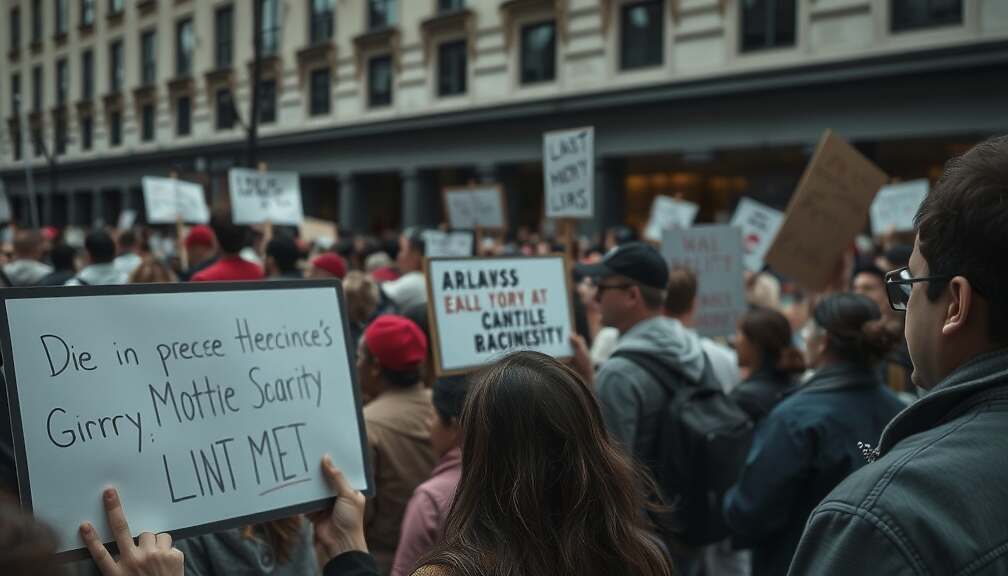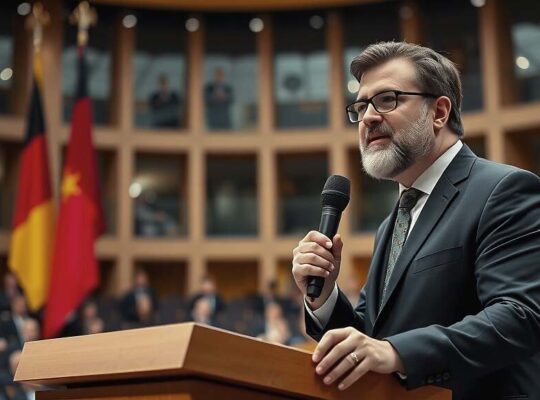The acclaimed Canadian-American novelist John Irving has publicly announced his decision to cancel his planned book tour across the United States, citing profound dismay over the policies and trajectory of the current administration. In a statement to the “Neue Osnabrücker Zeitung”, Irving characterized the actions emanating from the White House as indicative of an “authoritarian fascist” regime, a description he stated fundamentally alters his perception of his birth nation.
“I will not visit the country where I was born on this reading tour-something that has never happened before” Irving declared. “I do not recognize my beloved country in the hands of this dictator. It is a totalitarian regime”. His decision is not taken lightly, he emphasized, expressing genuine sorrow at severing ties with his homeland, particularly during a period of new literary release. He has offered to engage with journalists remotely via Zoom or to host interviews in Toronto, explicitly framing his actions as a deliberate symbolic protest.
Irving’s critique extends beyond a mere disapproval of the current president, positioning Trump’s rhetoric and actions within a broader context of a resurgent international right-wing movement. He lamented the increasingly swift and unrestrained growth of what he termed “Trump’s fascism” drawing parallels to the concerning rise of similar ideologies in Europe. His assessment is particularly sharp regarding the alleged overreach of presidential power and the perceived complicity of the U.S. Congress. “The so-called legislators in the House and Senate know he is exceeding his powers and they let it happen. The feckless Republicans are complicit in their silence” he asserted, expressing a deep sense of disillusionment with the state of American politics.
Irving also revealed a significant deterioration in relations between the United States and his adopted Canadian homeland. Following a conversation with fellow author Margaret Atwood, he expressed a shared observation: Canadian animosity towards American policies has reached unprecedented levels, surpassing even the condemnation seen during the Vietnam War era. “Canadians have nothing against Americans” he clarified, “but anyone who cares about democracy must reject Donald Trump”. The novelist’s decision underscores a growing disconnect and raises questions about the future of transatlantic relations amidst deepening political divides.












